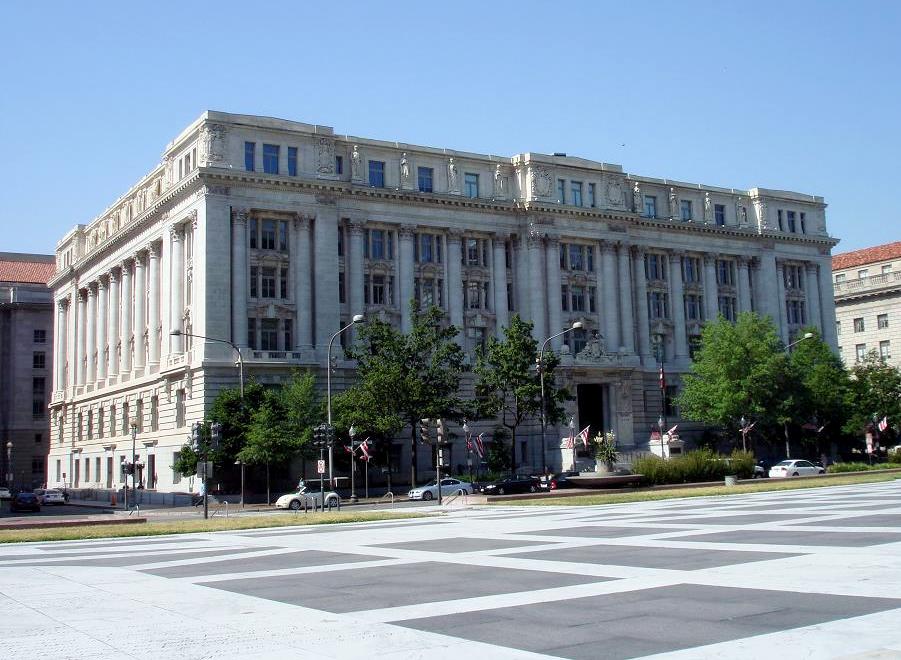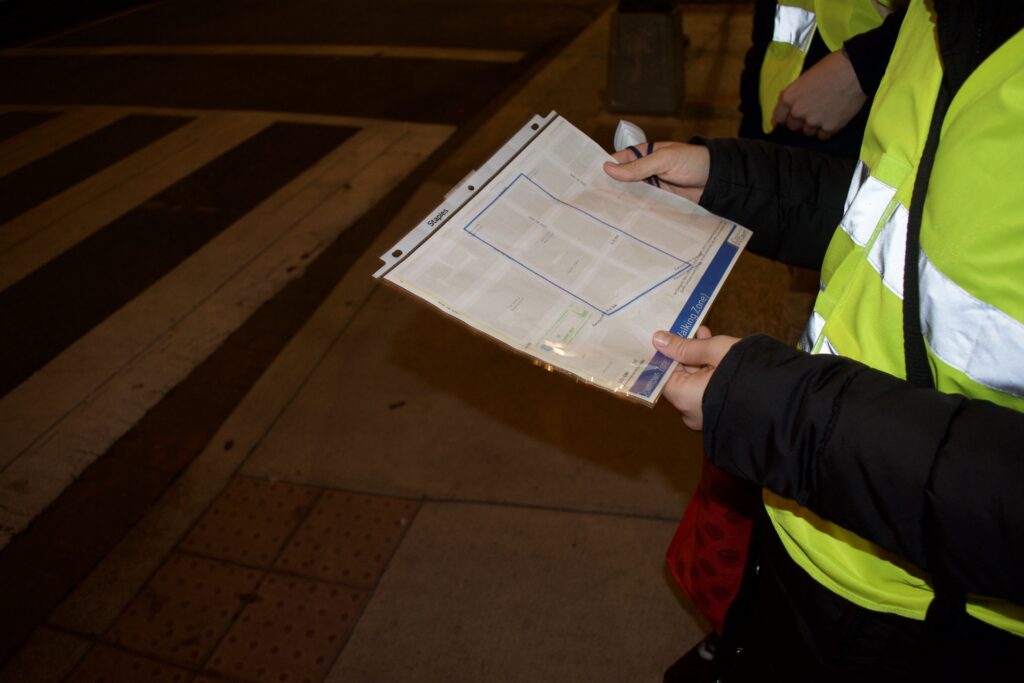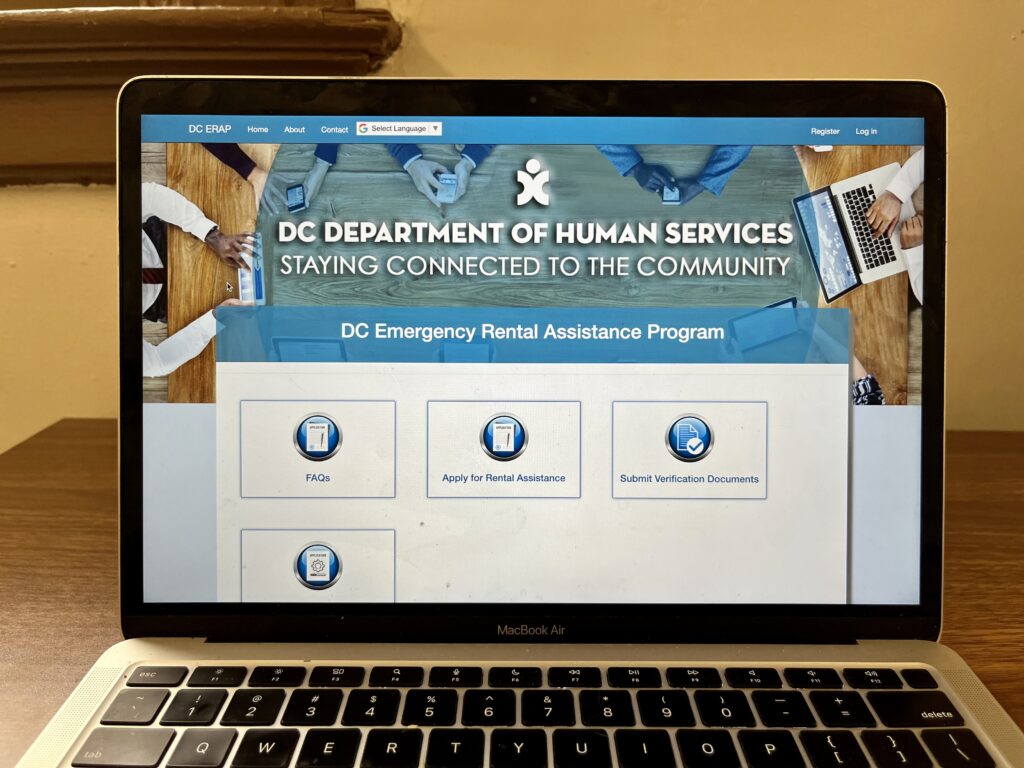The D.C. Council capped its deliberations on the fiscal year 2022 budget last week, giving final approval to the Budget Support Act at its virtual legislative meeting on Aug. 10. Councilmembers introduced several amendments at the meeting that sparked discussion over how best to implement policies meant to address housing insecurity and the wealth gap.
The Budget Support Act encompasses the changes to D.C. law needed to implement policies underlying the budget. Although some provisions inserted by the council drew opposition from Mayor Muriel Bowser, she has praised the overall budget as “transformational” and said she intends to sign the legislation.
Here are some highlights:
-
- Access to Justice Initiative. Council Chair Phil Mendelson noted that the council is expanding eligibility for the District’s Access to Justice Initiative, which will now provide free legal resources to families making up to 250% of the poverty level. For a family of four, that equates to a combined annual income of $66,250, according to the U.S. Department of Health and Human Services. Previously, the Access to Justice Initiative served families making up to 200% of the poverty level. Mendelson said he hopes the expanded eligibility will help “provide flexibility to serve more tenants at risk for eviction.” In its earlier budget votes, the council provided $22.6 million for the program, an increase of $10 million over FY 2021.
- Department of Buildings. The council incorporated several provisions to facilitate the creation of a new District agency called the Department of Buildings, which will assume responsibility for conducting building inspections from the Department of Consumer and Regulatory Affairs (DCRA). It’s the latest chapter in a long-running dispute between the executive and legislative branches over the idea: Bowser has long argued against splitting up the agency, but Mendelson has advocated the change amid ongoing complaints about DCRA’s performance on housing issues. The council overrode a mayoral veto of the authorizing legislation earlier this year, but the mayor did not fund the new agency in her initial budget. The council’s approved budget includes an extra $11.7 million for implementation of the Department of Buildings Establishment Act, and the Budget Support Act authorizes reallocation of the DCRA budget as necessary to create the Department of Buildings, with the rest available to the renamed Department of Licensing and Consumer Protection. The council’s latest version sets an implementation date of Oct. 1, 2022.
- A basic income through the earned income tax credit. Among the amendments approved at last week’s meeting was one introduced by Ward 6 Councilmember Charles Allen to raise the amount low-income families can expect to receive through adjustments made to the District’s earned income tax credit (EITC). The amendment incrementally increases the amount of the federal credit that the District will match from 40% at present to 100% by 2026. A previous version of the proposed policy would have increased the match to 55% of the federal credit, but Allen and Mendelson were able to identify additional funding. Upon implementation, qualifying families will receive their tax refund in monthly installments rather than one lump sum at the end of the tax year, providing them with a steady source of cash throughout the year. Tazra Mitchell, policy director at the D.C. Fiscal Policy Institute, pointed to the changes made to the EITC with this amendment as a significant achievement. “I don’t believe any other state in the nation has a tax credit that’s worth 100% of the federal EITC. This would make D.C.’s EITC the strongest in the nation,” Mitchell said in an interview.
- Expanded eligibility for two District business recovery grant programs. An amendment proposed by At-large Councilmember Elissa Silverman will expand the eligibility for two grant programs in fiscal year 2022 to include businesses that opened during the pandemic. A similar provision had already been included for hotels, prompting Silverman to advocate for a more equitable approach in the program available to restaurants, taverns, nightclubs, entertainment venues, and retailers to help cover back rent. Mendelson agreed to the change, which passed unanimously.
- Spending restrictions for the D.C. Housing Authority. The council approved another amendment from Silverman, reinstituting a rule requiring the D.C. Housing Authority (DCHA) to obtain approval of its board of commissioners to spend in excess of $250,000. Silverman said the Housing Authority regularly fails the families who are in most need of support, particularly by pursuing redevelopment deals that don’t emphasize housing for families earning less than 30% of the median family income.
Silverman said her proposed amendment would ensure greater transparency by requiring the agency’s management to work more extensively with the full board. Mendelson opposed the amendment, citing concerns that reimplementing the restriction would hinder DCHA’s ability to address its backlog of maintenance and repair issues.The amendment passed on an 8-5 vote. - The council removed a provision authorizing a tax abatement to benefit property owners in the DowntownDC and Golden Triangle business improvement districts. The provision, one of several inserted by Mendelson in his final draft of the Budget Support Act, would have authorized a tax abatement worth a cumulative $140 million over 35 years to property owners that undertake office-to-residential conversions in those two business improvement districts.
Silverman, along with several other councilmembers, faulted the provision’s affordable housing requirement as too lax because it would apply to families earning up to 80% of the area’s median family income. For Ward 8 Councilmember Trayon White, this wasn’t properly targeted to help those most in need. “The median family income in D.C. at one point was, for a family of four, $121,000 — 80% of that is probably about $96,000,” White said. “And I just don’t think that’s reaching the population we’re intending to reach.”
Mendelson and Ward 2 Councilmember Brooke Pinto urged against striking the provision, pointing to what Pinto said is nearly 17 million square feet of vacant downtown space. While Pinto acknowledged the tax abatement would not “solve all of our affordable housing challenges,” she said it could help with creating workforce housing downtown and alleviate some of the negative impacts the pandemic had on property owners. In response to further criticism about giving tax breaks to projects that could have 80% market-rate units, Pinto said the provisions had been drafted carefully to get buy-in from property owners by making projects financially viable.
Ultimately, the council voted 9-4 to strike the provision. - An amendment by At-large Councilmember Robert White related to the planned development of the McMillan Sand Filtration site on North Capitol Street sparked debate but was voted down. If passed, White’s proposal would have stripped the Budget Support Act of a provision that calls for the McMillan development to move forward, regardless of current ongoing litigation. White argued that intervening even indirectly in a pending legal case would set a dangerous precedent. He said that while he supports the proposed development, the Budget Support Act provision might encourage developers to ask the council to take action in their favor when facing future legal obstacles. “We don’t want to be a body that picks winners and losers,” White said. “That’s not the appropriate role for the council.”
Ward 3 Councilmember Mary Cheh echoed White’s concerns. “We can all agree it’s a great project,” she told her colleagues. “I think we can all agree that many of the lawsuits were an attempt to frustrate and stall and obstruct the development from going forward.” But that doesn’t justify the danger of intervening in a case now pending before the court, she said. All development cases are “unique” and require individualized attention, Cheh said. “I know lawyers pretty well, and they will say this is a precedent. They will use it, and they will come to us,” she added.
Others, however, spoke against White’s amendment. Mendelson said the provision reiterates the council’s past support for the project. Ward 5 Councilmember Kenyan McDuffie noted that he lives near the planned development, which has an extensive history that stems back to 1987 when the city first purchased the site from the federal government. The plans for the current redevelopment date back to 2007, when the city first hired a developer to help draw a master plan for the site. In the ensuing years, the development plan has been mired in legal battles. “We broke ground in 2016 to get this done, and yet these lawsuits are designed to obstruct the development,” McDuffie said, adding that it’s in the District’s interest for construction to get started. “The longer this project takes, the less likely it is to come to fruition.”
Mendelson argued that there was no guarantee that the courts would act swiftly in resolving the pending legal matter. “The public interest is manifested in this project. Either we say this is in the public interest or we say endless litigation is in the public interest,” he said.
The amendment failed 5-8, leaving the provision in the Budget Support Act.
Many housing advocates hail the proposed FY 2022 budget as a success, particularly with its new tax hike on high-income earners that is expected to raise hundreds of millions of dollars in support of housing subsidy programs. They also point to provisions expanding pay for child care workers and creating “baby bonds” via a new trust fund for children from low-income families.
There are still some lingering concerns among advocates about the amount allocated for excluded workers, as well as the timing for the expanded pay for early childhood education workers, which a new task force will help determine. While excluded workers — people ineligible for federal economic aid because they are undocumented immigrants or they rely on non-traditional sources of income such as domestic labor — will receive $41 million in this year’s budget, it is far short of the $200 million sought by advocates.
This article was co-published with The DC Line.
Will Schick covers DC government and public affairs through a partnership between Street Sense Media and The DC Line. Year one of this joint position was made possible by the Poynter-Koch Media and Journalism Fellowship, The Nash Foundation, and individual contributors.
Update (8.30.2021)
A previous version of this article stated incorrectly that a proposed amendment to reinstitute spending restrictions at DCHA failed on a 5-8 vote. In fact, the amendment passed 8-5.








